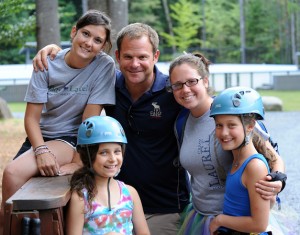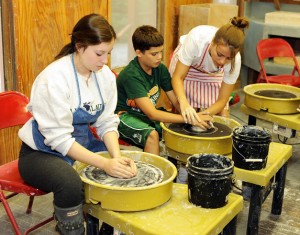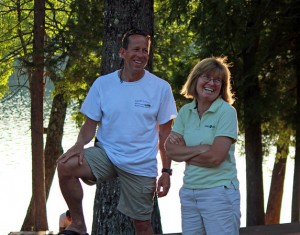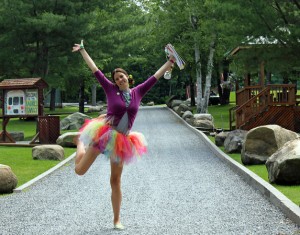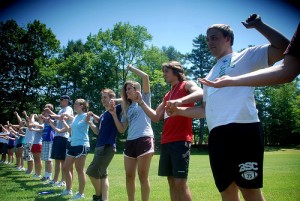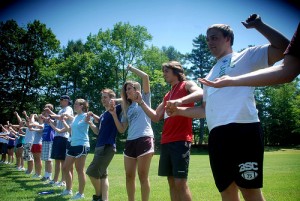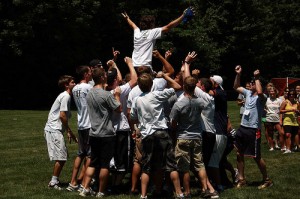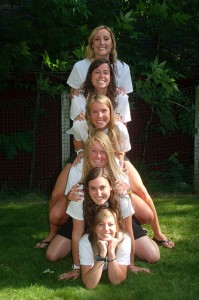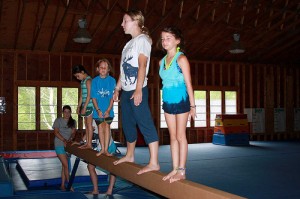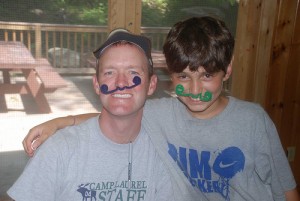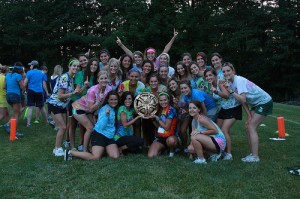
The Great Outdoors: There’s nothing better than fresh air, sunshine and amazing Echo Lake. Rolling hills, trees as far as the eye can see…you won’t find a better office or cubicle than a summer in Maine.
Be the Difference: Camp counselors instantly become role models for campers. Every moment is an opportunity to form a lifelong memory, whether funny or poignant. What you do matters, and that’s the best feeling of all.
Lifelong Friendships: Camp is a unique environment because it’s the ultimate team endeavor. Counselors are surrounded by people who are like-minded in so many ways and come with a similar appetite for adventure. On camp departure day counselors have a network of peers that extends from coast to coast (and into other countries!)
Leadership: Camp is genuine, and everyone is encouraged to be themselves. Counselors are also guiding campers all day, every day. Getting to a level of comfort while leading translates into confidence in so many other areas of your life.

Unplug: Camp is the easiest place to look up and live in the moment. You have meaningful conversations and form amazing relationships. Don’t get us wrong, you’ll have tons of ‘Gram-worthy’ pictures from the summer. And every one of them will have a funny story to go along with the people and places included in them.
Learning: You learn so much about yourself at camp. You’re spending two months in a new environment and will be glad you embraced the opportunity. You’ll gain valuable new perspectives from interacting with campers and counselors from different walks of life. It’s truly incredible.








